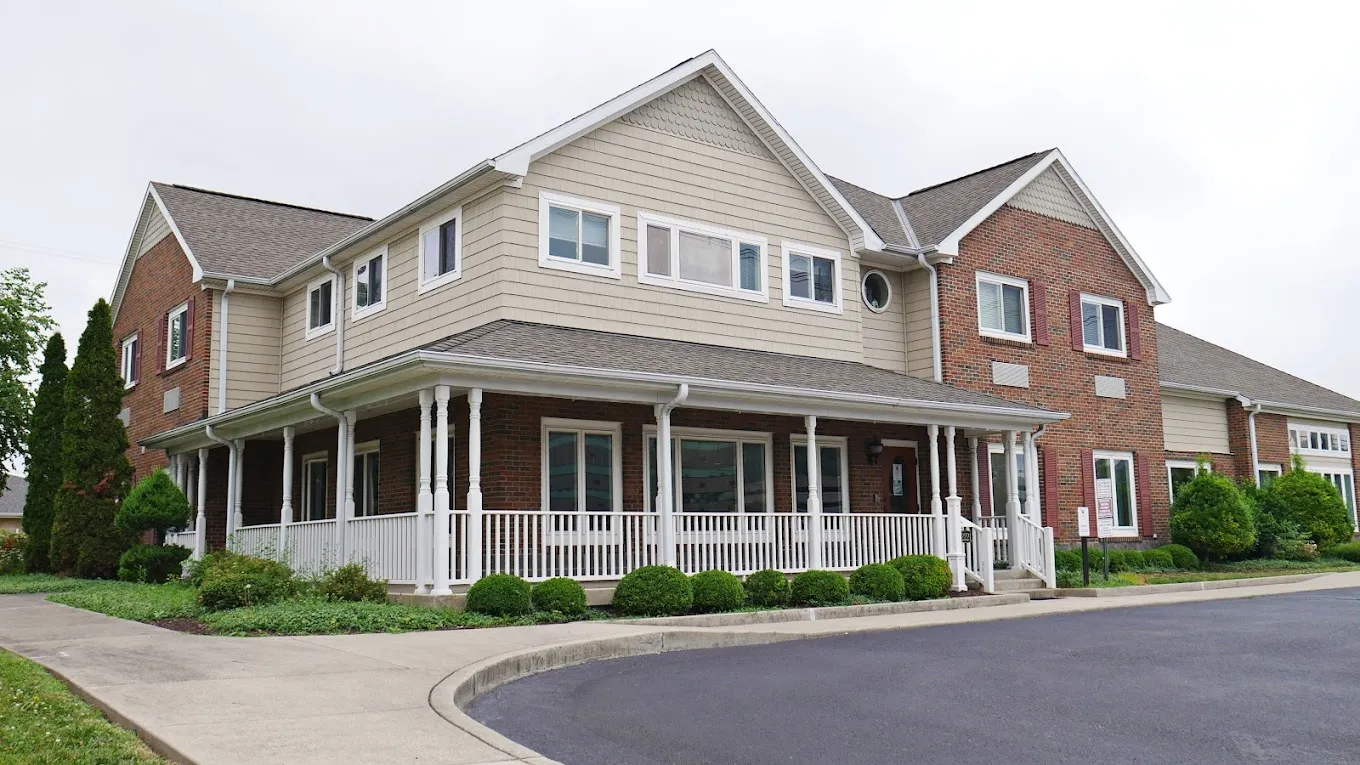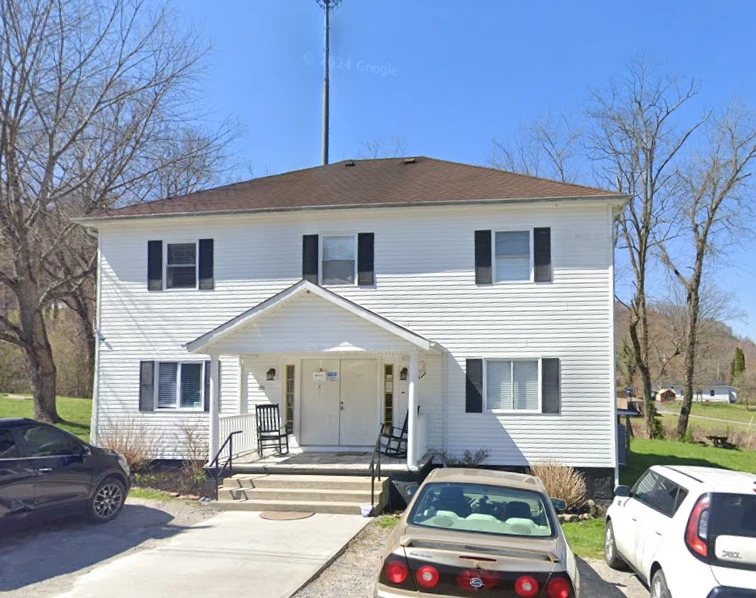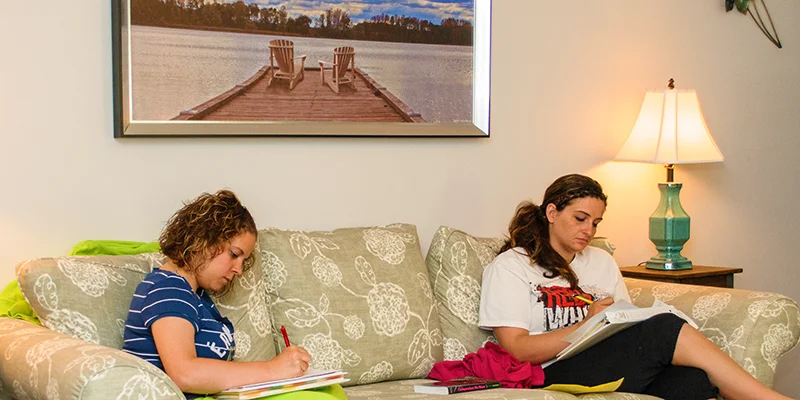Addiction Recovery Care (ARC) - Belle Grove Springs Information
Treatment
Who We Treat
- Men Only
Treatment Focus
- Cocaine
- Anxiety
- Depression
- Drug Addiction
- Heroin
- Methamphetamine
- Alcohol
Approaches
- Twelve Step
- Spiritual Emphasis
- Holistic
- Evidence-Based
Conditions We Treat
- Anxiety
- Depression
- Grief and Loss
- Personality Disorders
- Stress
- Bipolar
- Trauma
Substances We Treat
- Alcohol
- Benzodiazepines
- Heroin
- Prescription Drugs
- Opioids
- Cocaine
- Methamphetamine
Languages
- English
Aftercare
- Professional Re-entry Support
- Relapse Prevention Planning
- On-site Aftercare
- Housing Services
- Discharge Planning
- Support Meetings
Level of Care
- Outpatient
- Co-Occurring Mental Health
- Sober Living
Accreditations
-
Commission on Accreditation of Rehabilitation Facilities (CARF)
CARF accreditation is a globally recognized certification for rehabilitation and human service organizations. It signifies that an organization meets high-quality standards and is committed to providing top-level care. Achieving CARF accreditation involves a rigorous evaluation process, including on-site surveys. This accreditation enhances an organization's reputation, instills trust in clients and funders, and encourages ongoing excellence in the field.

Additional Locations
Addiction Recovery Care (ARC) - Belle Grove Springs Accepts The Following Insurance Plans
Find the best treatment options. Call our free and confidential helpline today!














